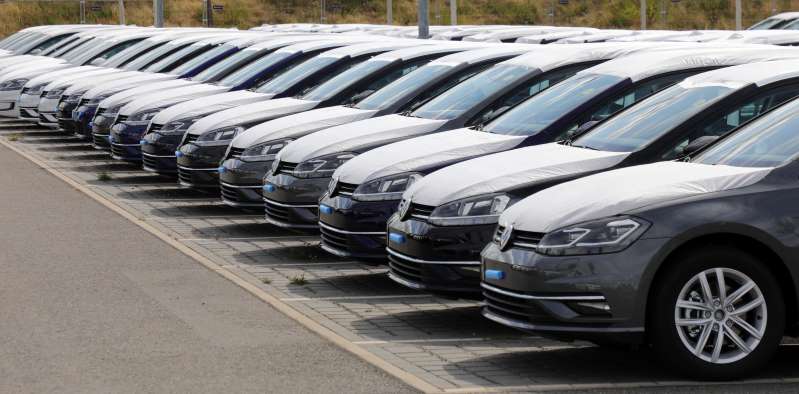The number of passenger cars running on alternative fuels almost doubled to 50,060 vehicles.

The automotive industry has had a difficult year. The Austrian automobile industry – automobile importers and vehicle dealers – has the figures for this today, Monday, together with Statistics Austria at a virtual press conference
“The COVID-19 pandemic is also having a significant impact on the automotive industry. New car registrations fell by a quarter in 2020, ”says Peter Laimer from Statistics Austria: A total of 248,740 new cars were registered last year, which corresponds to a decrease of 24.5 percent compared to 2019.
“While the number of registrations for gasoline and diesel-powered cars declined significantly, the number of cars running on alternative fuels almost doubled to 50,060,” explains Laimer. This increase is mainly due to gasoline hybrid cars ﴾+ 105.5 percent to 25,380 vehicles﴿, exclusively electrically powered cars recorded an increase of 72.8 percent to 15,972 vehicles.
“New registrations of single-track vehicles were 46,099 vehicles in 2020
13.4 percent above the previous year's figure and thus again ahead of the trucks
-New registrations, which fell by 16.7 percent to 40,042 compared to 2019, ”explains Peter Laimer.
Development dramatic
Günther Kerle, spokesman for the Austrian automobile importers, primarily names the corona pandemic and the associated, persistently poor economic situation, as well as the difficult political framework with permanent tax increases as reasons for the slump in the automobile market.
“All of these factors combined resulted in the worst year for the automotive industry in 33 years,” says Kerle. This development is dramatic, since the automotive industry is a leading branch of the manufacturing economy in Austria and provides 315,000 jobs. “Unfortunately we have to assume that 2021 will also be a difficult year. In any case, in order to stabilize the situation on the automobile market, no new financial burdens must cause uncertainty. Instead, we should focus on measures that stimulate the market.
In addition, an extension of the investment premium should be considered, which, as a corona measure, has brought positive input.
“Basically, we would like politics and business to come together again and move away from the politics of punishment and the purely ideological politics that we are currently experiencing. Only then will we be both the economic crisis and questions of climate policy solve when we pull together, ”says Kerle.
For 2021, Kerle expects a major upturn, at least in the field of electrified vehicles, and a real firework of products can be expected from the manufacturers.
“After a disappointing 2020 for our industry, we now have to look ahead,” summarized the chairman of the federal committee for vehicle trade in the Austrian Chamber of Commerce, Klaus Edelsbrunner, on the occasion of the announcement of the vehicle registration figures. The start of the new year has also been rather stuttering for the vehicle trade so far: “The lockdown in January, which is normally with a high number of registrations, hits our industry completely.
What companies need now is the ability to plan and clear perspectives in order to be able to start into spring, ”emphasizes the industry spokesman. Customer demand is currently still weak. The development of the used car trade will also be difficult in 2021, said Edelsbrunner. The running costs for the used car warehouse have a negative impact, and the risk of insolvency generally increases as the deferred taxes also have to be paid.
Edelsbrunner also criticizes the NoVA
– Increase or introduction for light commercial vehicles from July 1, 2021
“In general, tax increases like these are poison for the market, but they do not help the environment either, because old – and therefore more polluting – vehicles simply stay on the road longer. A NoVA for small vans is just an additional burden for the economy, “emphasizes Edelsbrunner in conclusion, pointing out that the NoVA was introduced at the time as a replacement for the” luxury tax “.

